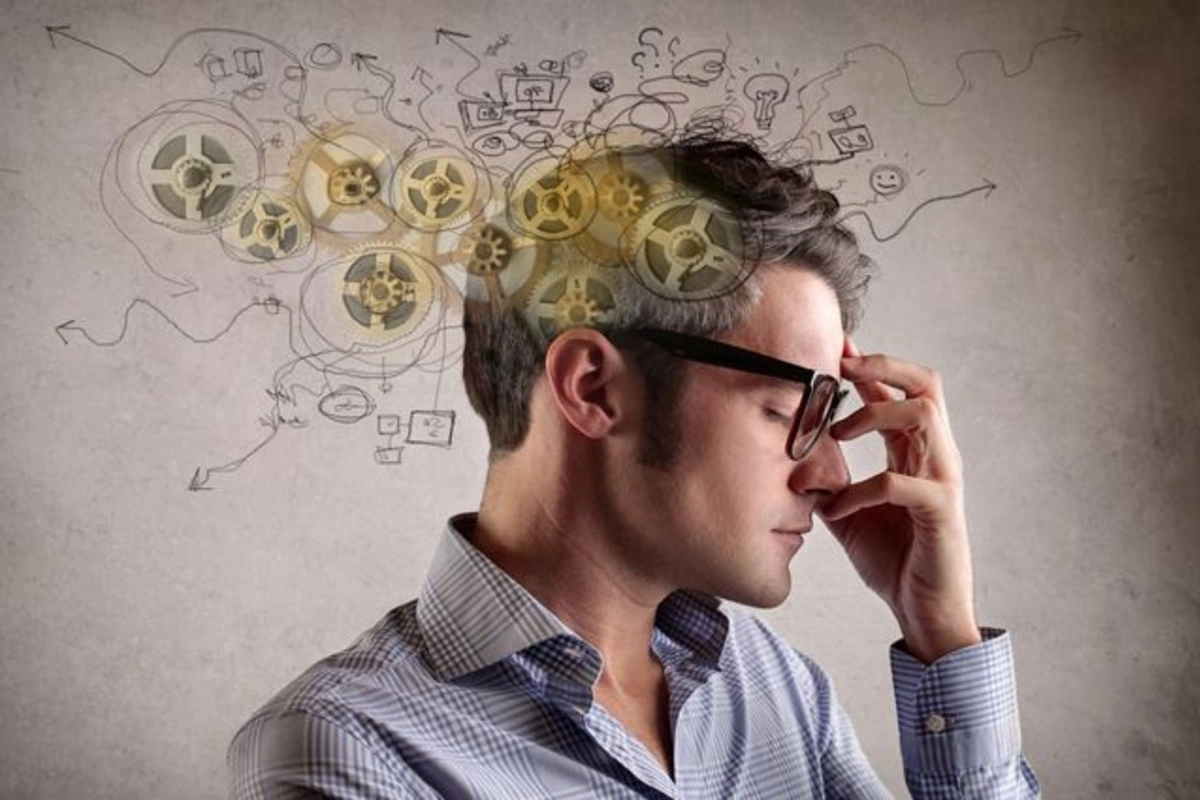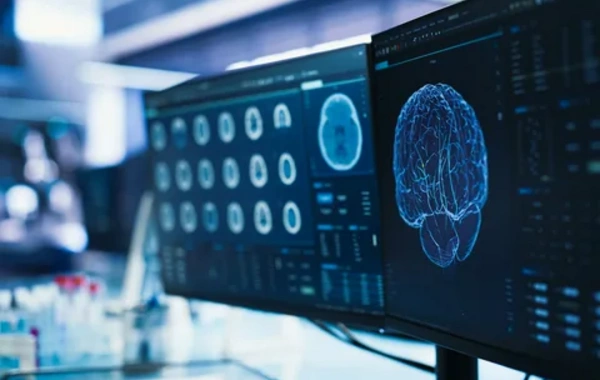The feeling that "you've seen this before": what's behind the déjà vu effect## Translated content from French to English as requested, maintaining the original formatting and structure while providing an accurate translation.

You enter a room, talk to someone - and suddenly a strange feeling arises: this has happened before. These words, this look, this smell - everything down to the smallest detail seems familiar, as if you're experiencing the moment for the second time. Although you know for certain: you're here for the first time. This is déjà vu - one of the most mysterious and exciting sensations known to humans.
The word itself comes from French and means "already seen." But it's not just an impression of a similar scene. It's a sudden, deep inner conviction that the current event has already taken place. And it's so realistic that many people can't distinguish it from a real memory.
Scientists have been racking their brains for decades over what happens in the brain at this moment. One of the most popular theories is a memory malfunction. When the brain processes current information, it may mistakenly send it to the long-term memory area, bypassing short-term memory. As a result, the event is perceived not as new, but as already experienced.
There's another hypothesis related to information processing in the brain hemispheres. If one hemisphere processes a signal with a slight delay, then the second interpretation may be perceived as a repetition, although it's actually the same event. This creates the illusion of familiarity with the present.
Some consider déjà vu a manifestation of subtle perception processes - when the environment or atmosphere resembles an unconsciously forgotten experience. For example, you're in a café for the first time, but the music, lighting, and smells remind you of a morning from childhood, forgotten but deeply imprinted in your subconscious. The brain detects the similarity and signals: "We've seen this before."
Interestingly, déjà vu most often happens to young people, especially between the ages of 15 and 30. With age, episodes become rare. They also occur more frequently during moments of fatigue, stress, or after sleep deprivation, when the brain is working "on the edge" and is more prone to malfunctions.
The most surprising thing is that déjà vu is not a pathology. It's an absolutely normal phenomenon, and most people experience it at least once in their lifetime. However, for some it occurs too frequently and may be associated with certain types of epilepsy - especially temporal. In such cases, déjà vu may be a precursor to a seizure.
Mysticism, parallel realities, dreams, past lives - déjà vu is often interpreted as a connection to something greater than just neurons. And although science cannot yet fully explain the nature of this phenomenon, it acknowledges: déjà vu is a window into the amazing world of memory, perception, and mysteries of our consciousness.
Each such moment is like a glitch in the matrix, like a reminder that the boundaries between past and present in our minds are much thinner than we think.
Similar News
# Three Main Causes of All Cancer Cases Identified
Almost four out of ten cases of cancer on the planet are not a verdict of fate or a genetic lottery, but the result of exposure to factors that humanity has the...




 Azərbaycanca
Azərbaycanca  По-русски
По-русски  English
English 






